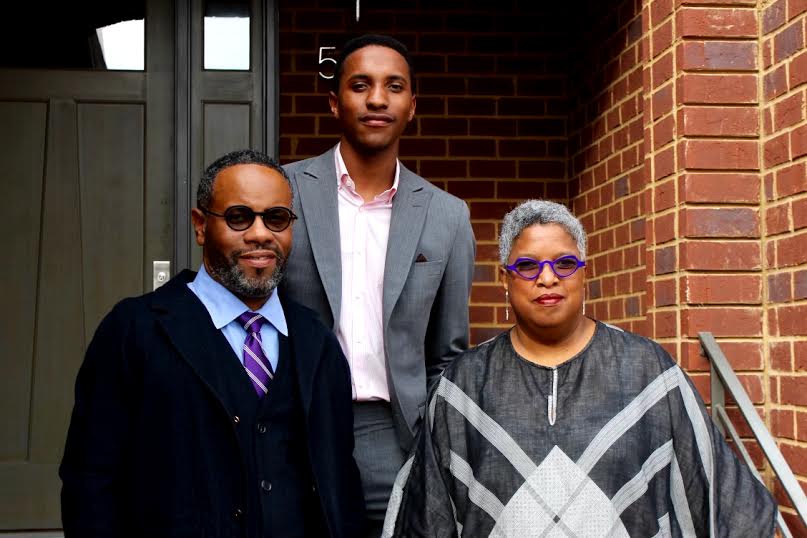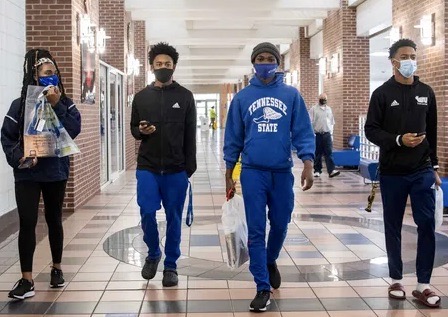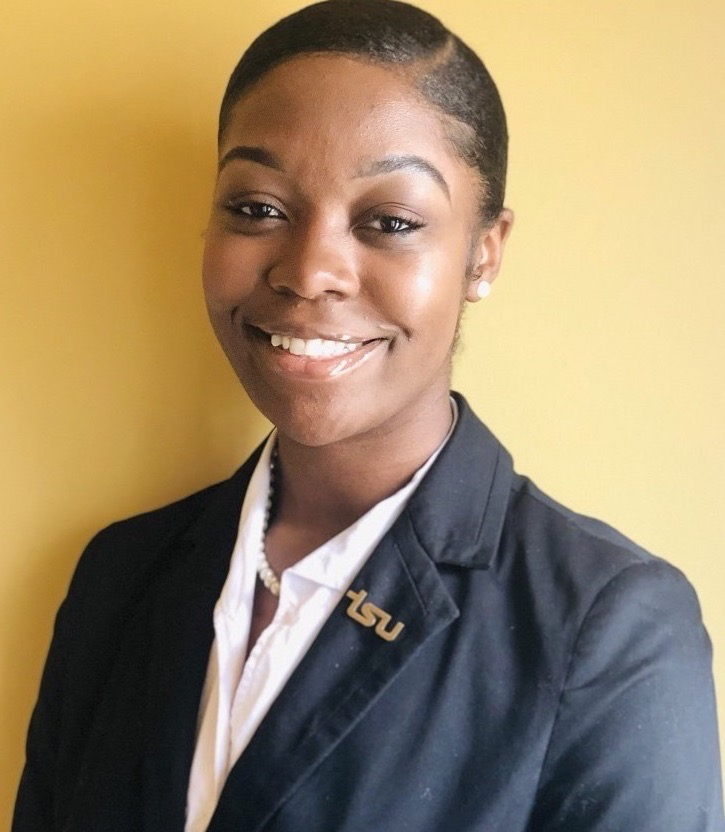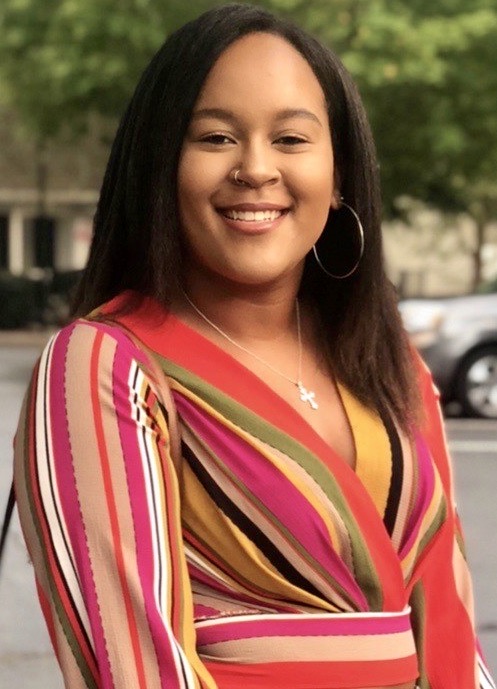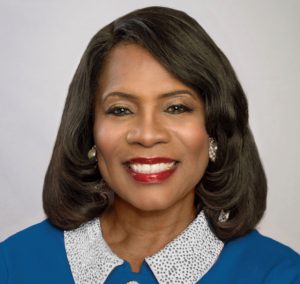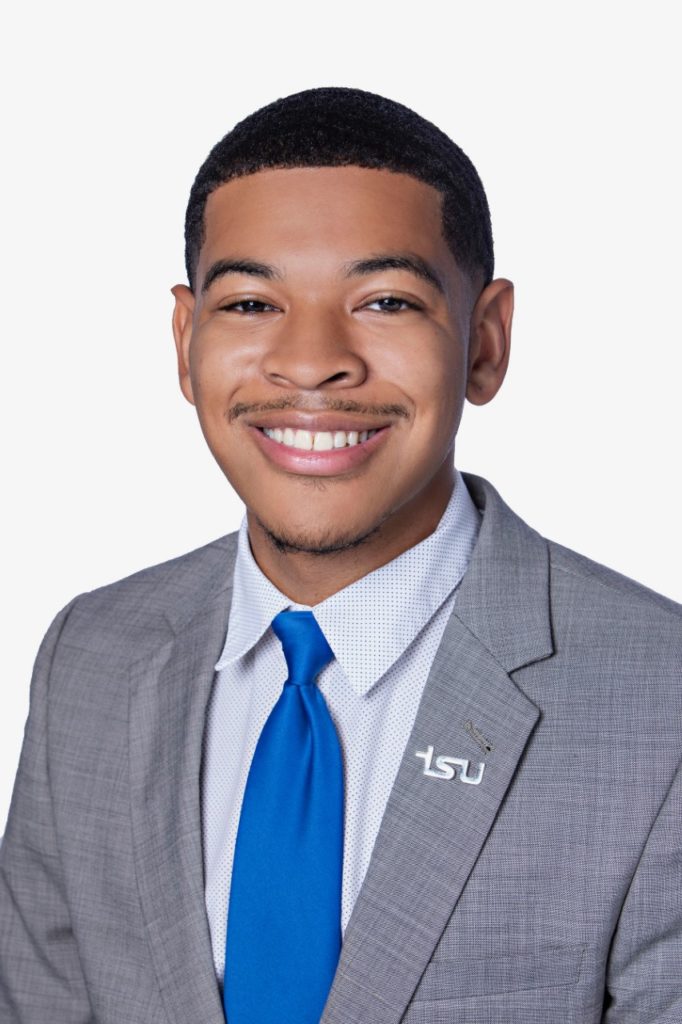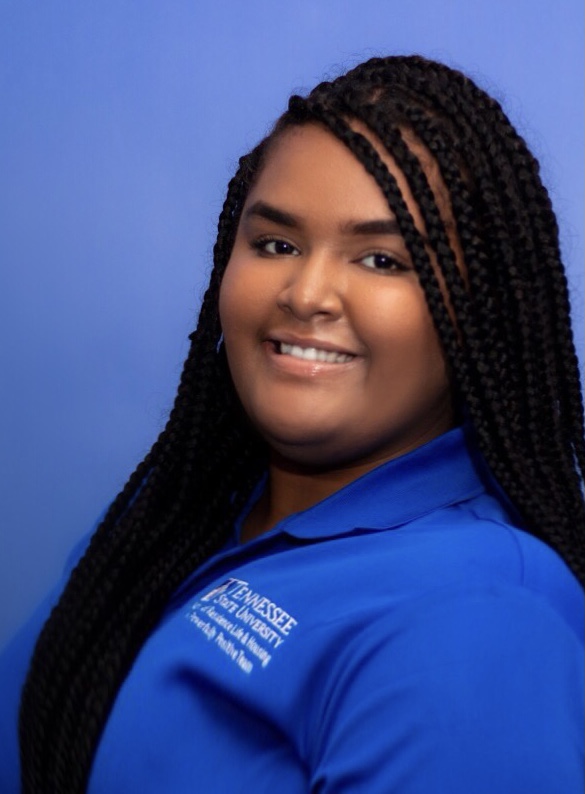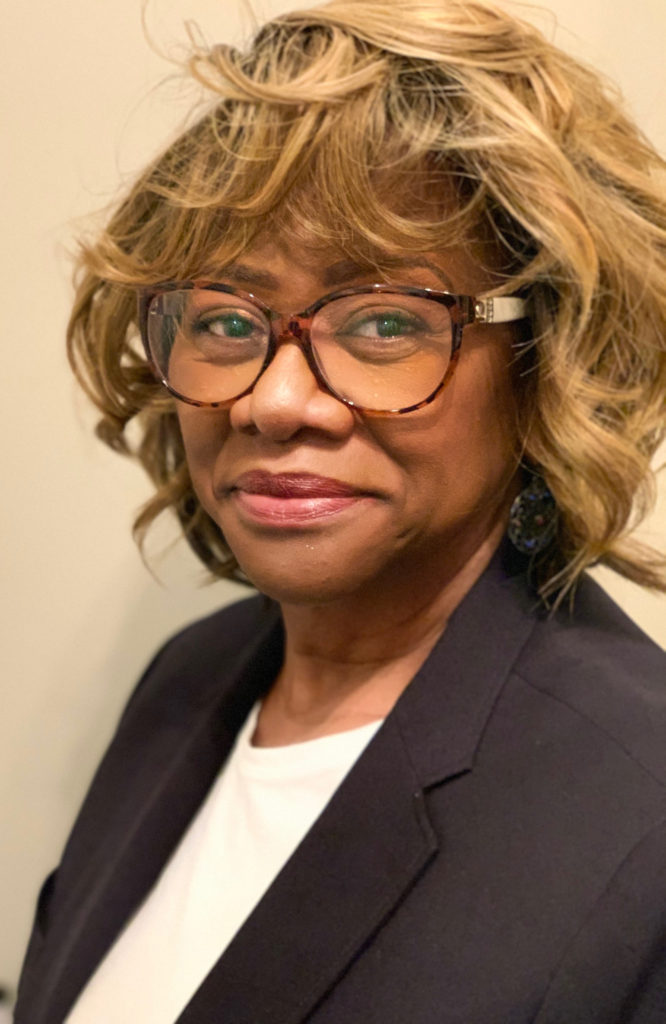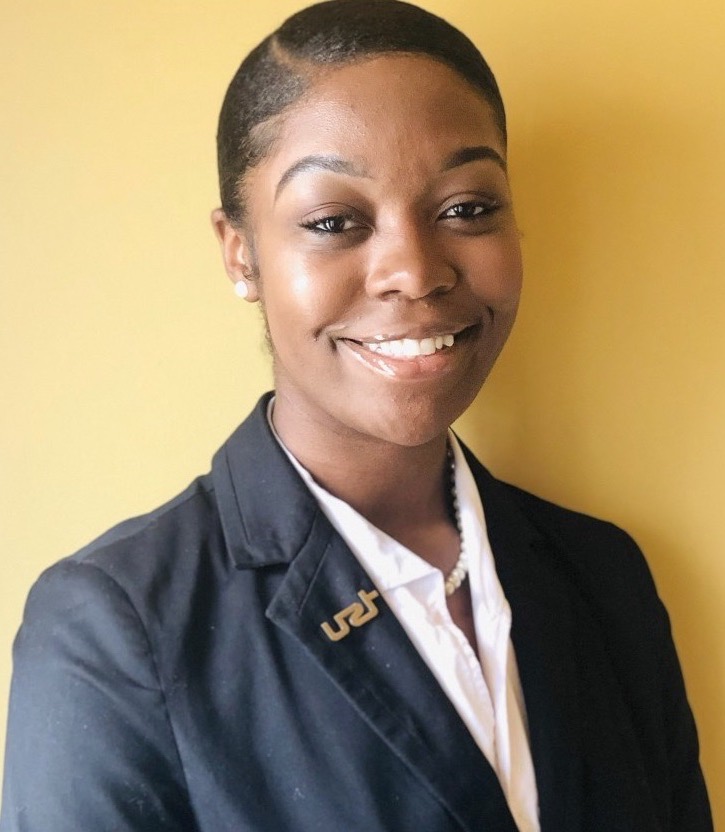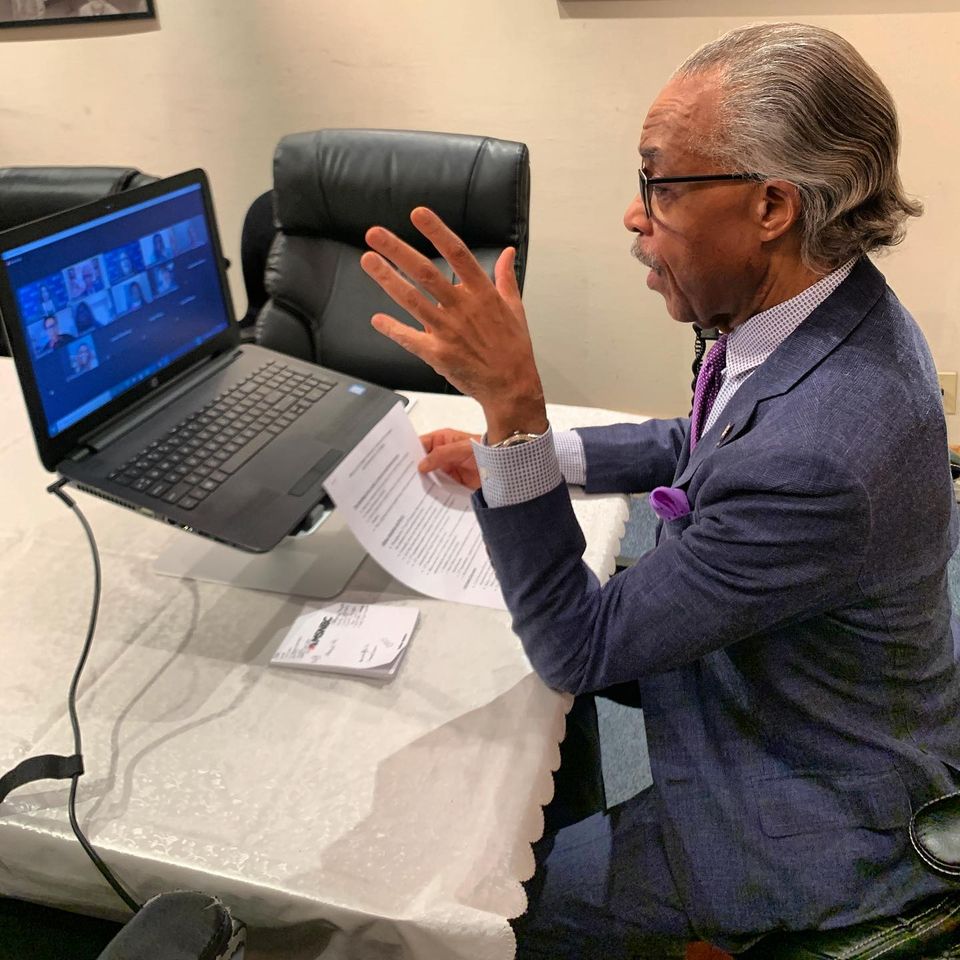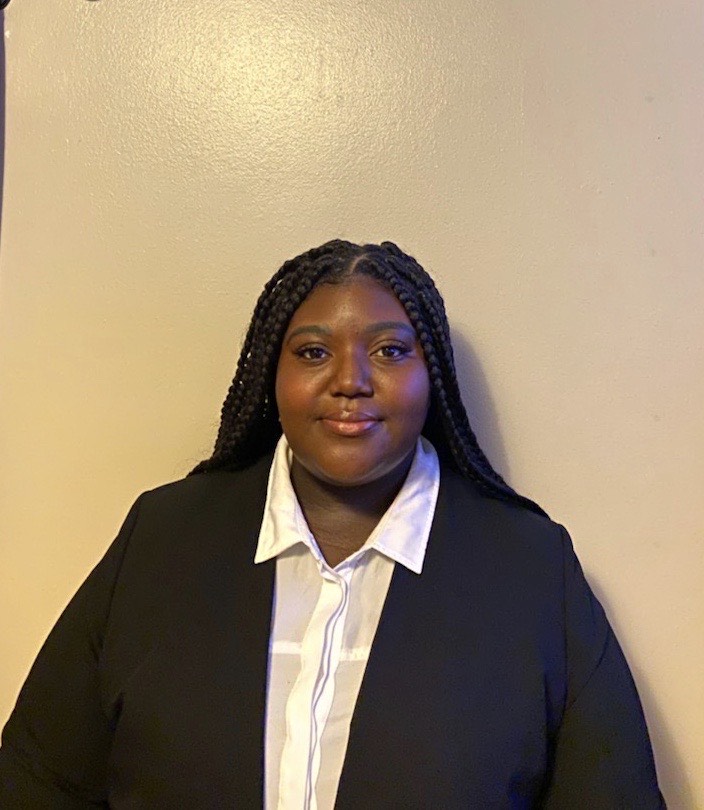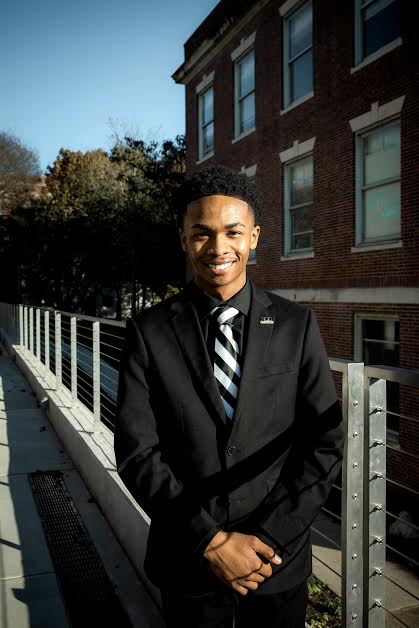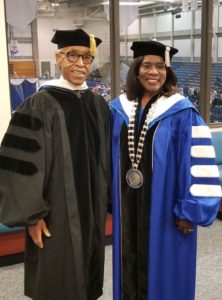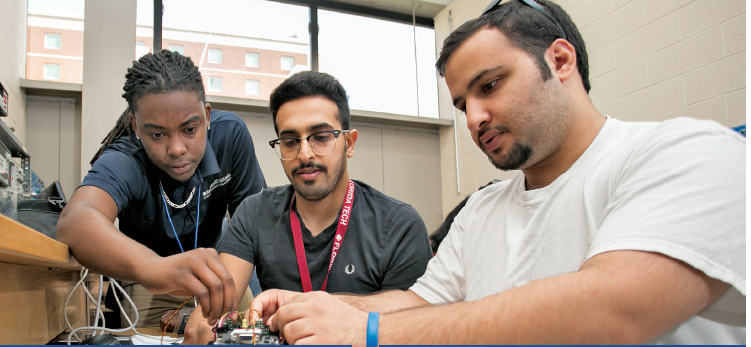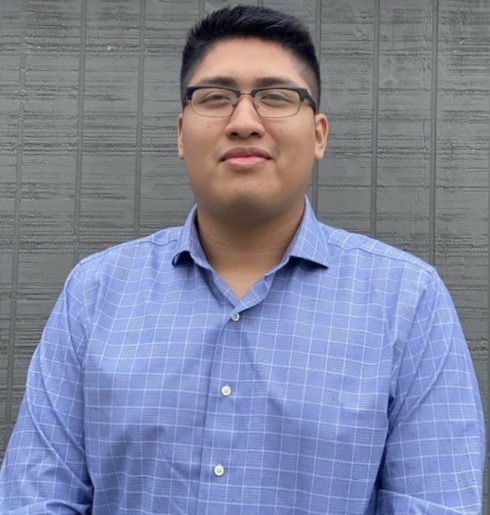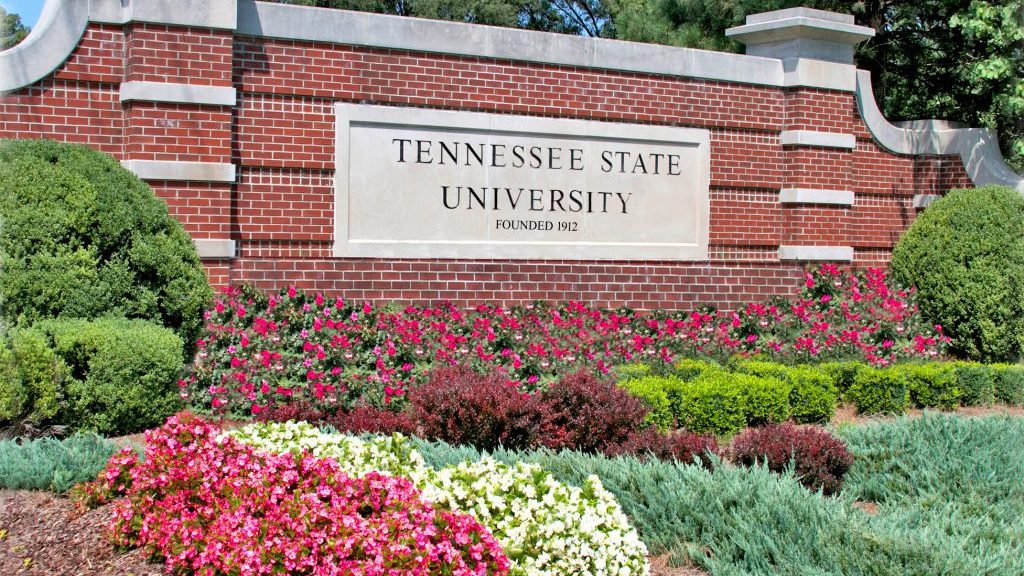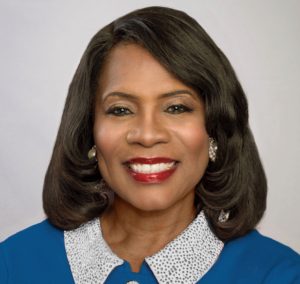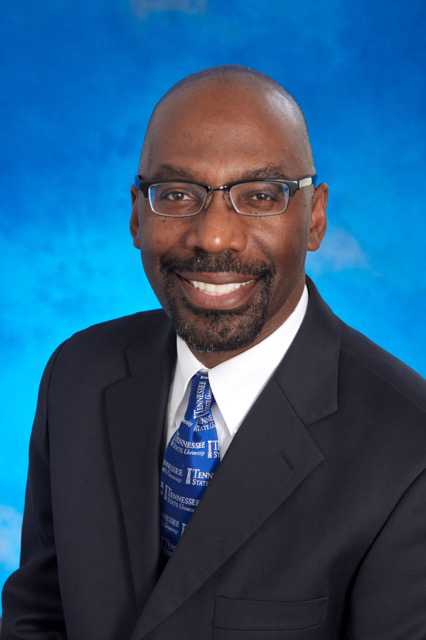NASHVILLE, Tenn. (TSU News Service) – Tennessee State University says it looks forward to students being on the cutting edge of technology in the fields of finance, digital manufacturing and military affairs now that the institution is a member of the IBM-HBCU Quantum Center. TSU announced today that it has joined the nation’s first quantum education and research initiative for historically black colleges and universities. The aim of the center is to help students and faculty build skills in quantum computing and increase diversity and inclusion in the field.
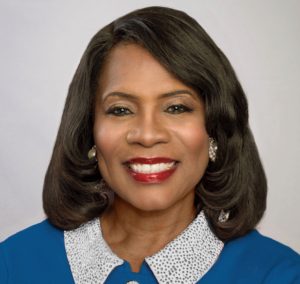
“With the creation of Big Data, Artificial Intelligence (AI) and aerospace designing just to name a few, quantum computing has quickly become an emerging technology,” said TSU President Glenda Glover. “The IBM-HBCU Quantum Center partnership helps TSU prepare our students and faculty to be innovators in this field. It is an absolute game-changer when we consider our current climate and how research could lead to new discoveries in medicine and drug development.”
TSU is one of 10 newly added institutions that comprise the 23 HBCUs that have joined the Center to date. As part of the initiative, TSU will have access to IBM quantum computers on the cloud, as well as opportunities for joint collaboration on research, education, and community outreach programs.
“IBM’s priority in launching the Center is to support and facilitate quantum research and education for HBCU faculty and students as part of the growing quantum workforce,” said Dr. Kayla Lee, Product Manager for Community Partnerships, IBM Quantum. “We’re proud to continue building on the momentum of the founding institutions and looking forward to collaborating with Tennessee State University to build a quantum future.”
Established in September 2020, the IBM-HBCU Quantum Center is a multi-year investment designed to prepare and develop talent at HBCUs from all STEM disciplines for the quantum future. It emphasizes the power of community and focuses on developing students through support and funding for research opportunities, curriculum development, workforce advocacy, and special projects.
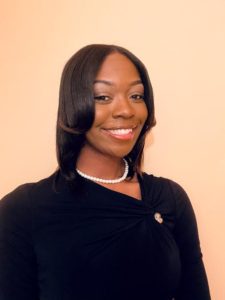
Jeia Moore, a junior from Memphis, Tennessee majoring in business information systems at TSU, said she’s glad the university is now part of the Center.
“IBM has opened opportunities for me, my peers, and my university,” she said. “Having a firsthand experience of the nation’s first quantum initiative for HBCUs will allow me to grow and develop in the computing world. I am grateful to see companies invest in me, my peers, and Tennessee State University.”
IBM continues to deliver on the Center’s goal to build a sustainable quantum research and education program by increasing the number of black students educated in Quantum Information Science and Engineering (QISE), strengthening research efforts of faculty at HBCUs in QISE, providing opportunities for scholarships, fellowships and internships, and empowering HBCUs to lead in the quantum workforce and broader black communities. The 25 HBCUs participating in the Center were prioritized based on their research and education focus in physics, engineering, mathematics, computer science, and other STEM fields.
“Tennessee State University is proud to be invited to partner in the IBM-HBCU Quantum Center,” said Dr. Michael Harris, Interim Provost and Vice President of Academic Affairs at TSU. “This partnership will provide our faculty and students with excellent opportunities to pursue research and specific tasks in quantum and its impact on computing, a leading technology guiding fields across business and industry.”
Iris Ramey, Director of Corporate and Foundation Relations at TSU, agreed.
“Our students and faculty are anxious to begin the high level of research and learning that the Center will require,” said Ramey. “We are grateful to IBM for this opportunity.“
For more information about the IBM-HBCU Quantum Center, read HBCU Center Driving Diversity and Inclusion in Quantum Computing.
Department of Media Relations
Tennessee State University
3500 John Merritt Boulevard
Nashville, Tennessee 37209
615.963.5331
About Tennessee State University
Founded in 1912, Tennessee State University is Nashville’s only public university, and is a premier, historically black university and land-grant institution offering 39 bachelor’s degree programs, 24 master’s degree programs, and eight doctoral degrees. TSU is a comprehensive research intensive institution with a R-2 Carnegie designation, and has a graduate school on its downtown Avon Williams Campus, along with the Otis Floyd Nursery Research Center in McMinnville, Tennessee. With a commitment to excellence, Tennessee State University provides students with a quality education in a nurturing and innovative environment that prepares them as alumni to be global leaders in every facet of society. Visit the University online at tnstate.edu.



